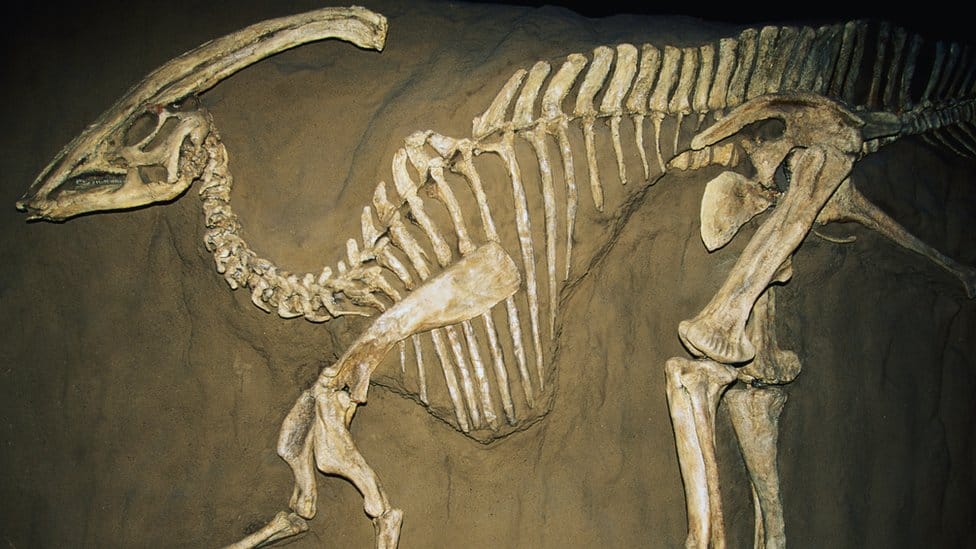An amateur fossil hunter in Montana has made a remarkable discovery that is shedding new light on the lives of dinosaurs 66 million years ago. The hunter, whose name has not been released, unearthed fossilized stomach contents belonging to a large theropod dinosaur, a group that includes iconic predators like Tyrannosaurus rex. The find, which has been confirmed by paleontologists at the University of Montana, is providing invaluable insights into the diet and digestive processes of these prehistoric creatures.
The fossilized material, which is remarkably well-preserved, consists of partially digested plant matter, bone fragments, and other organic debris. This suggests that the theropod dinosaur was an opportunistic omnivore, consuming both plants and animals. The presence of bone fragments indicates that the dinosaur was capable of hunting and killing other creatures, but the plant matter suggests that it may have also supplemented its diet with vegetation.
“This is a truly exceptional find,” said Dr. Emily Carter, a paleontologist at the University of Montana. “Fossilized stomach contents are incredibly rare, and this one provides a unique glimpse into the dietary habits of a large theropod dinosaur. It also gives us valuable information about the digestive processes of these creatures, which are still not fully understood.”
The discovery is particularly significant because it provides tangible evidence to support previous theories about the diet of theropod dinosaurs. For years, scientists have debated whether these creatures were primarily carnivorous or opportunistic omnivores. This fossilized stomach content provides strong evidence for the latter, suggesting that these dinosaurs were not solely reliant on meat for sustenance.
The analysis of the fossilized material is ongoing, and researchers hope to learn even more about the dinosaur’s life and environment. They are particularly interested in determining the exact species of dinosaur to which the stomach contents belonged, as well as the types of plants and animals that it consumed.
This remarkable discovery highlights the importance of amateur fossil hunters in advancing our understanding of the prehistoric world.



